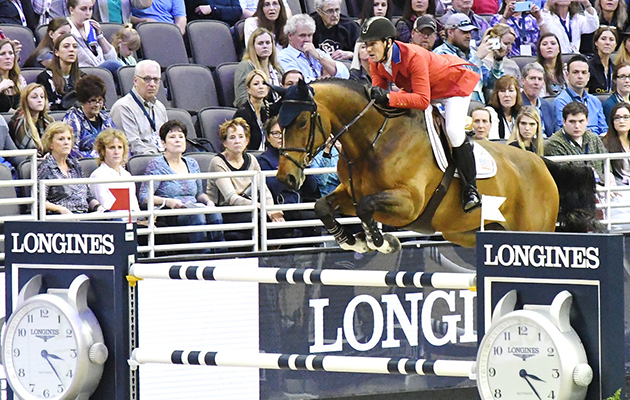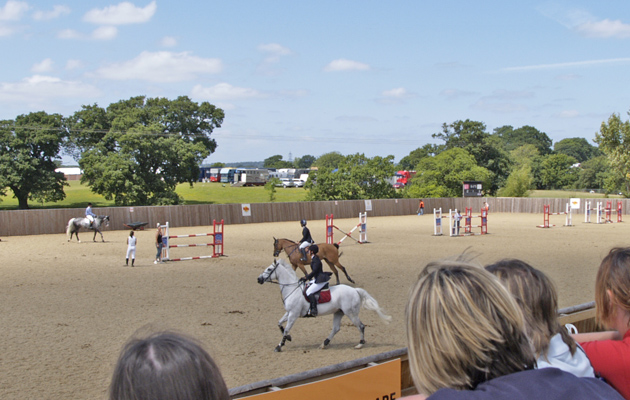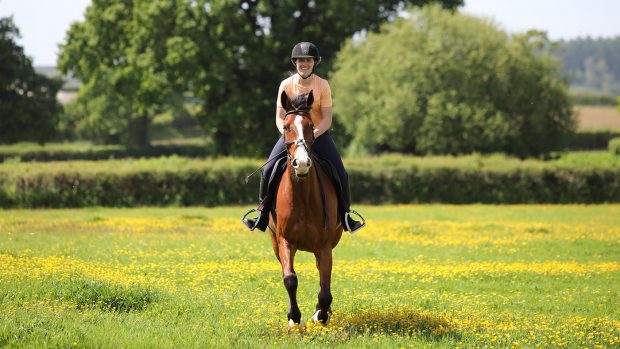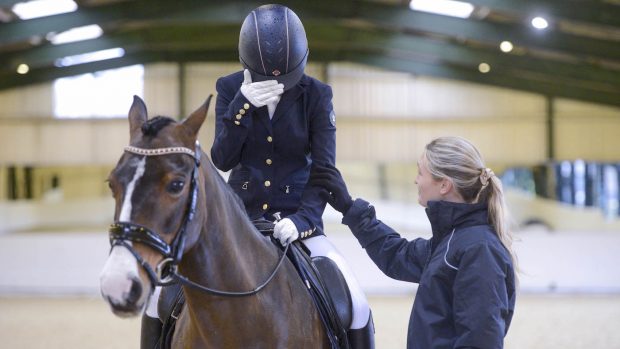Current world number two showjumper Mclain Ward shares the struggles he has faced caused by the pressure of his sport — and how he has learnt to cope with it over the years
“I have struggled with the pressure of big championships a lot over the years,” reveals American showjumper Mclain Ward, when we catch up at Tryon International Equestrian Centre in North Carolina, the venue for next year’s World Equestrian Games.
“Early on in my career I definitely blew a few World Cup finals for example. But the year before the 2008 Beijing Olympics I tried to take stock of it (Mclain was part of the gold medal-winning team in Hong Kong aboard Sapphire).
“I’d actually had a terrible Florida circuit, I was very distracted, I needed to change and I needed to address it. And I started working with a very good sports psychologist and it changed my career significantly,” says the 42-year-old.
“It’s not easy for me. I want to be successful so badly and I have quite an intense personality so I have to keep that in check and keep everything flowing the right way. I’m proud that I’ve mastered it more than I did before, but it’s a work in progress. I love it when people say ‘I’ve got it’. No, you don’t ‘have it’. You just have it better today than you did yesterday.
“But that’s just my challenge in the sport, and I share that very openly with people because I think people do struggle with it and they have this view that it doesn’t affect athletes who are successful at the highest level, but it does, they just learn how to handle it,” he says.
Continued below…

Mclain Ward: why hosting WEG in America has its pros and cons
The world number two showjumper talks about the

How sports psychology helped an eventer overcome her rotational fall demons
Performance and sport psychologist Camilla Henderson explains how
Tunnel vision
“Having a child gives it some perspective, but I still am who I am. It makes the recovery after a difficult moment easier and in your more clear moments you realise your priorities. But in the heat of battle, on the field of play, I see it with very tunnel vision and that’s something I have to address.
“When I go home at night and I’ve had four faults, and I go and see my daughter in her bed, I take a breath and think ‘life goes on tomorrow’.
“But in that moment you have to learn a set of skills if it’s something you struggle with. And there are some riders who are very blasé about it while others I know really have to work at it.
“There are people that can help you with it. I’ve worked with [sports psychologist] Bob Rotella, and it’s been career changing. And in being career changing, it’s life changing — because we don’t clock out at 5pm, it comes home with us.
“It’s a wonderful, wonderful privilege being able to make a living out of doing a sport, but that doesn’t mean to say it’s a simple existence — it’s not all roses,” he says.
For all the latest equestrian news and reports, don’t miss Horse & Hound magazine, out every Thursday



